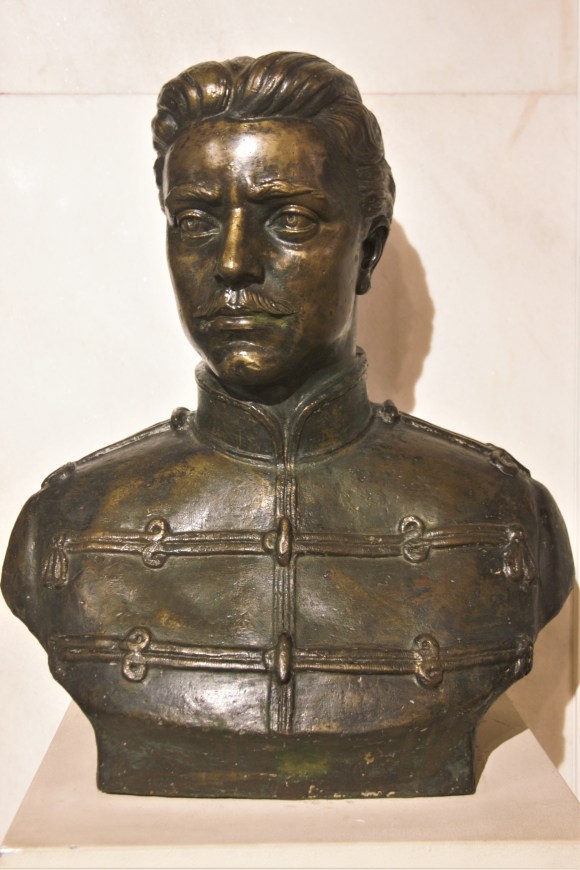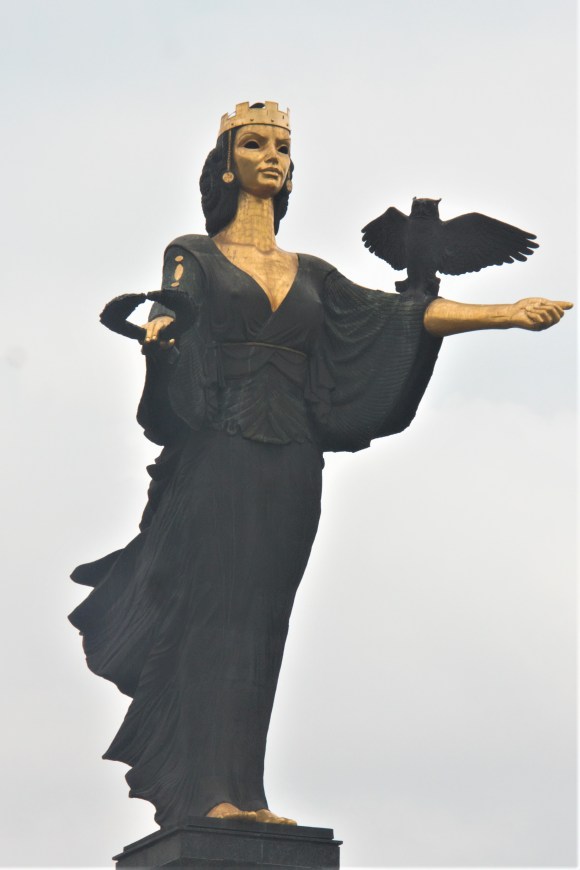Zdraviete from Sofia, Bulgaria,
The surest way to galvanise a restless people is by creating a martyr. Killing the leader of a popular movement is a guarantee of ultimate failure.
Crumbling empires and corrupt regimes often resist what seems in retrospect to be an irresistible force of people power by eliminating the most vocal opponent. But this recklessness only steels the movement and more often than not ensures its success. Those martyrs die in the knowledge that their deaths have helped the movement to its ultimate fruition.

Perhaps the crumbling empires and corrupt tyrants don’t understand the power of communion, being ideologically opposed to the concept. The martyrs created by such murders often serve as a rallying symbol for the surviving populace. Louverture in Haiti, Rizal (an accidental martyr) in The Philippines, Kâmil in Türkiye, Che Guevera (an Argentinian) in Cuba, and Vo Thị Sau in Việt Nam all died in the years before independence but in the likely knowledge that their deaths were not in vain. In Bulgaria, they have their own national hero: Vasil Levski.





About the Ottomans, Momka says, “We hate them and they hate us. 500 years of slavery can’t be forgotten in a few generations”.
“They raped our wives, stole our children and turned them into soldiers against us” Radoslav says.
Stefany says, “They hanged him in the street”.
Vasil Levski was born Vasil Kunchev. He gained the nickname Levski during his courageous revolutionary activities. It means “lion-like”. After his death, Levski has become known in perpetuity as the Apostle of Freedom for Bulgaria. He is said to have instilled revolutionary activity from abroad through secret underground missions. It was during one of these missions that he was captured by the Ottomans and hanged in a street near Sofia on a freezing snowy day in February 1873. Levski was 35 years old.
Bulgaria was liberated by Russian troops less than five years later.





The martyrs never hanker to be immortalised in statuary or imagery. They just want to know that their people are no longer living under tyranny. Creating a martyr will leave an angry populace even more resolute. Bulgaria provides yet another example.
Dovizhdane from Bulgaria
Greg





